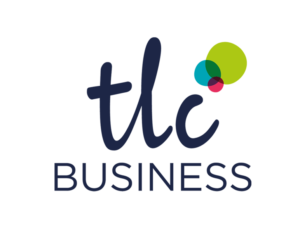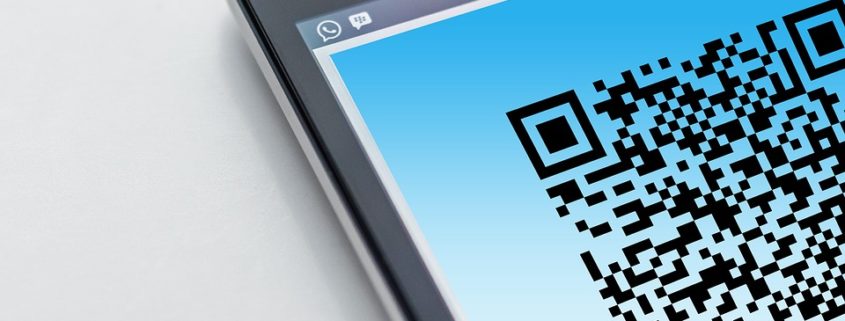A picture is worth a thousand words
Following on from our July marketing seminar, here is another top tip to more effective SME marketing. This month we highlight the growing trend in Quick Response (QR) codes.
Whilst the QR code debate rages on and we assess whether this is a passing fad or a marketing phenomenon, the last year has certainly proven that QR campaigns can work effectively for the larger brands. From Coca Cola to Tesco, more and more companies are adapting their marketing campaigns to take advantage of the latest technology and consumer engagement channels available.
So is it worthwhile for SMEs to jump on board the latest marketing bandwagon?
SMEs may feel that technology such as QR codes is best left to bigger firms, with more resources and a deeper understanding of how it works. However, with QR codes, this is simply not the case; they can benefit the marketing of organisations of all sizes.
A QR code is a marketing tool that can help drive consumers to specific content of your choosing, such as a landing pages on your website, contact details or competition entry forms. QR codes are cheap and easy to generate online. All your prospect needs to access them is a smart phone. Studies from 2011 indicate that businesses were reluctant to introduce QR codes, with only 8% of businesses thinking that QR codes were worthwhile; however, in 2012 the numbers changed significantly, with 47% of businesses declaring that their brand would benefit from introducing QR codes into their marketing, due to the rise in smart phone adoption amongst consumers.
How can my business use QR codes?
QR codes are currently dominating the consumer market, from packaging, magazine adverts, bus stops and billboards, the list is endless.
Tesco in South Korea is a great example of a forward thinking QR campaigns. In order to help save time, Tesco found a clever way to bring the grocery store to the consumer. Tesco launched a QR code campaign that plastered enormous images of food items on to South Korean subway walls. These images came with a QR code and allowed consumers to scan individual food items to be loaded in their virtual shopping cart. Once they finished their checkout, their order was processed and delivered to the consumer’s doorstep.
If you were at the Olympics this year, you may have noticed that QR codes were sitting right at the centre of mobile engagement during the 2012 games, linking supporters to Olympic action, promotions, merchandise and information.
Before and throughout the Olympics, Southwest trains used QR codes to help their customers plan their journey in a timely fashion, so the passenger could avoid any confusion during the games.
QR codes are not just for the big players. QR campaigns can be used in various ways within an SME environment, from business cards and adverts to direct mail and merchandise. QR codes are a cheap, effective addition to many marketing campaigns and can be used to increase the effectiveness and measurability of campaigns. Common ideas include:
“Scan this product to download a recipe straight to your phone”
“Scan to ‘Like’ us on Facebook and get 20% off this purchase!”
“Scan to enter our latest competition”
Like any marketing activity, it is essential to have a campaign strategy in place, offering something special or unique. You need to understand your target audience, have a clear objective in mind and most importantly, provide valuable information to encourage the user to interact with your brand.
Businesses should always measure the results from any marketing campaign, QR codes included. Did your website receive more traffic? Did the campaign generate more sales, Twitter followers or ‘Likes’ on Facebook? Whilst trying out the latest marketing trend can be fun, ultimately the campaign needs to generate results for your business.
To create your free QR code today, click here.












Leave a Reply
Want to join the discussion?Feel free to contribute!